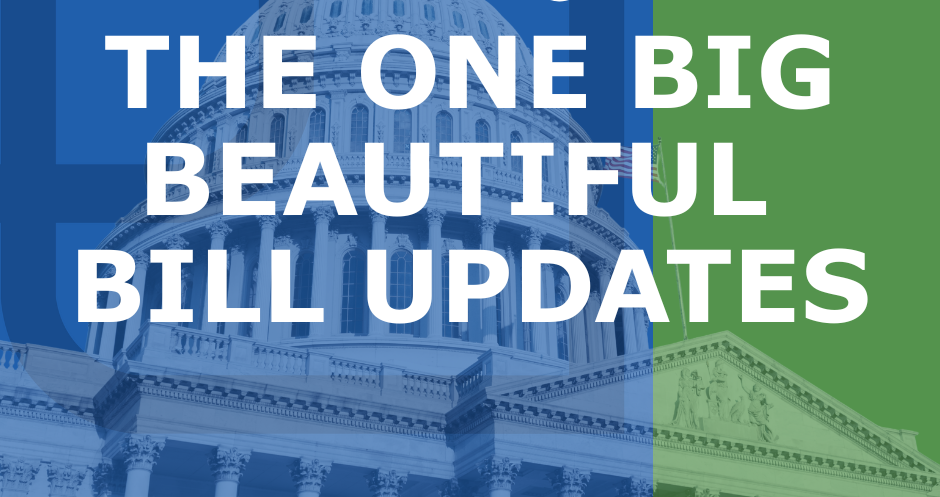For 2025, the federal estate and gift tax basic exclusion amount, the amount you can transfer free of federal estate or gift tax, has increased to $13,990,000 per individual, up from $13,610,000 in 2024.

The annual exclusion for gifts, the amount you can give to any individual each year without using your lifetime exemption, has also increased to $19,000 per recipient for 2025, up from $18,000 in 2024. This allows individuals to make tax-free gifts to as many individuals as they wish, up to the annual limit per person.
The generation-skipping transfer (GST) tax exemption, which applies to gifts or bequests to grandchildren or more remote descendants, is also set at $13,990,000 for 2025.
What’s Changing in 2026 and Beyond?
Previously, the higher estate and gift tax exemption amounts were scheduled to sunset after 2025, reverting to pre TCJA rules. However, the OBBBA has made a major change: the basic exclusion amount will be permanently increased to $15 million (indexed for inflation) after December 31, 2025. This means the historically high exemption amounts will not drop as previously expected, providing continued opportunities for tax-efficient wealth transfer.
Key Takeaways from the OBBBA
Permanent Higher Exemption: The estate and gift tax exemption will not revert to pre-2018 levels. Instead, it will be set at $15 million (adjusted for inflation each year) starting in 2026.
GST Exemption: The GST exemption will continue to match the basic exclusion amount, also rising to $15 million (plus inflation) in 2026.
Annual Exclusion: The annual gift tax exclusion will continue to be indexed for inflation.
Portability: The ability for a surviving spouse to use a deceased spouse’s unused exemption (portability) remains in effect, allowing for further planning flexibility.
Planning Considerations
Lifetime Gifting: With the annual exclusion at $19,000 per recipient, individuals can make significant tax-free gifts each year. Married couples are also still able to take advantage of gift splitting.
No “Clawback”: IRS regulations confirm that gifts made under the higher exemption amounts will not be retroactively taxed if the exemption were to decrease in the future. With the OBBBA’s permanent increase, this concern is further alleviated.
Review Your Plan: Given these changes, it is a good time to review your estate plan, beneficiary designations, and gifting strategies to ensure you are taking full advantage of the available exemptions.
Contact your Rudler, PSC advisor to discuss how these changes may affect your personal situation and to explore strategies for maximizing the benefits of the increased exemptions.
Important: These are all new changes, and further guidance from the IRS and Treasury Department is expected. The details may change as new regulations and clarifications are issued. Be sure to consult with your tax advisor to understand how these changes affect your specific situation.
RUDLER, PSC CPAs and Business Advisors
This week's Rudler Review is presented by Max Epplen, CPA.
If you would like to discuss your particular situation, contact Max at 859-331-1717.

As part of Rudler, PSC's commitment to true proactive client partnerships, we have encouraged our professionals to specialize in their areas of interest, providing clients with specialized knowledge and strategic relationships. Be sure to receive future Rudler Reviews for advice from our experts, sign up today !